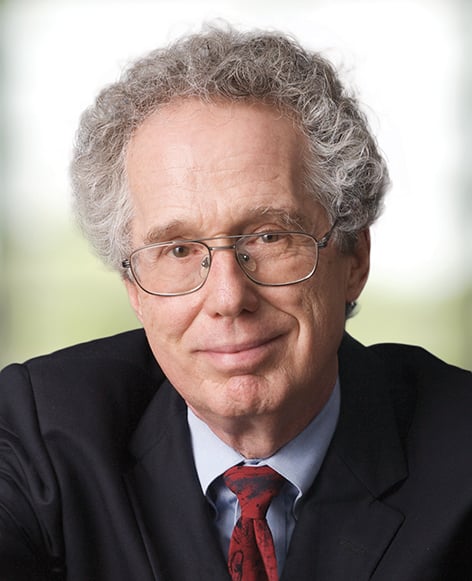CRA engagements win in 2024 GCR Awards
The high-profile acquisition of Activision by Microsoft, which CRA Competition’s teams advised on was named overall Matter of the Year, as well as Matter of...
This website will offer limited functionality in this browser. We only support the recent versions of major browsers like Chrome, Firefox, Safari, and Edge.
Steven Salop is a professor of economics and law at the Georgetown University Law Center in Washington, where he teaches antitrust law and economics and economic reasoning for lawyers. His research and consulting focuses on microeconomics, antitrust, competition, and regulation.
Professor Salop has written numerous articles in various areas of antitrust economics and law (e.g., exclusionary conduct, mergers, joint ventures, and tacit coordination) many of which take a “Post-Chicago” approach. These articles include a series of articles analyzing exclusionary market power, exclusionary conduct, and raising rivals’ costs in the context of a variety of antitrust areas, including monopolization, input purchases and monopsony, joint venture access rules, vertical mergers, and vertical restraints.
His research has also focused on various aspects of mergers and joint ventures, including market definition, partial ownership and cross-ownership interests, entry barriers, and efficiencies. Professor Salop has written articles on procedural issues, including summary disposition, treble damages, and appellate decision-making.
His consulting work at CRA spans the entire range of antitrust, and he specializes in mergers, joint ventures, and exclusionary conduct. Professor Salop earned his PhD in economics from Yale University in 1972. Before joining the Georgetown faculty, he worked at the Federal Trade Commission, the Civil Aeronautics Board, and the Federal Reserve Board.
